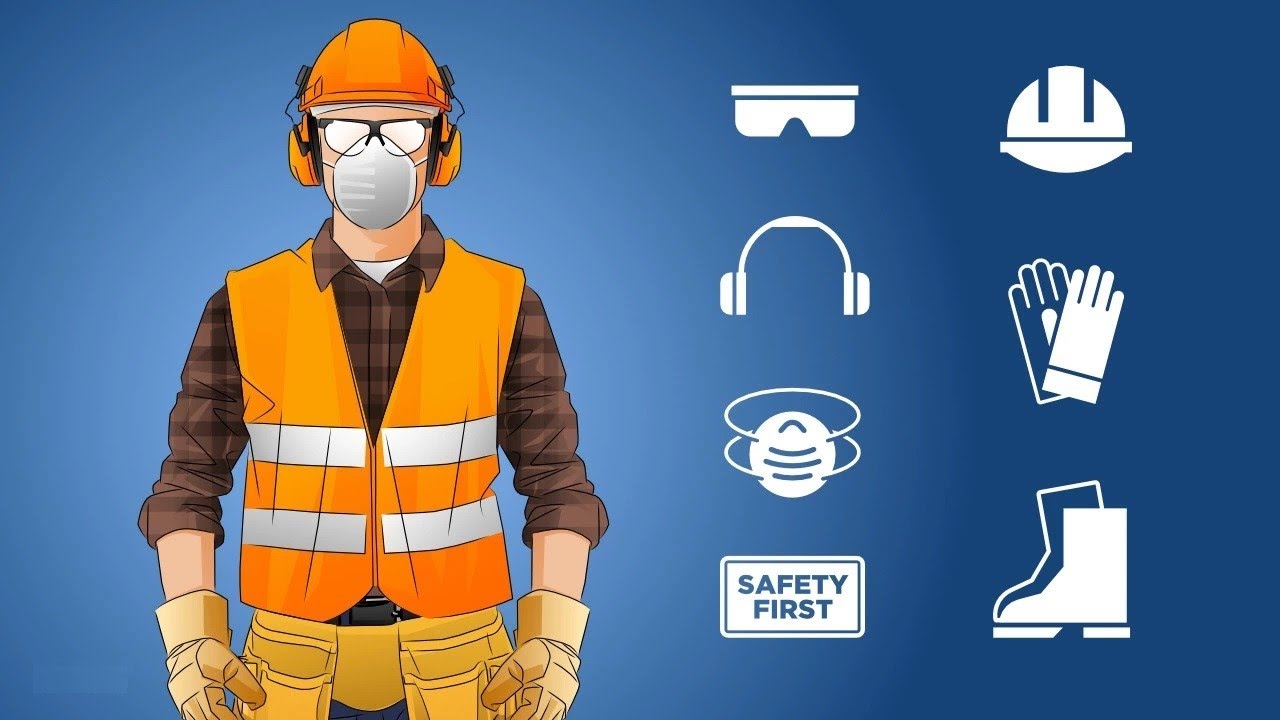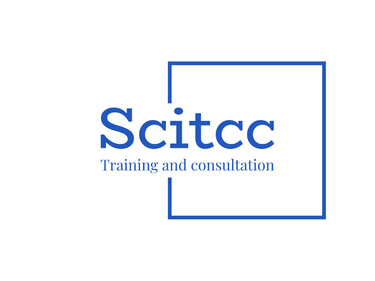
Personal Protective Equipment (PPE) Training
Personal Protective Equipment (PPE) Training
$3300.00
Personal Protective Equipment (PPE) Training
Course Duration:
5 Days (6–8 hours per day)
Course Objectives:
By the end of this training, participants will be able to:
Identify and understand the types of PPE and their purposes.
Assess workplace hazards that require PPE.
Properly select, use, and maintain PPE for various environments.
Understand regulations and standards governing PPE use (e.g., OSHA, ISO).
Develop and implement PPE policies in their organizations.
Target Audience:
This course is ideal for:
Safety Officers – responsible for workplace safety compliance.
Supervisors/Managers – overseeing teams in hazardous environments.
Workers – working directly with potential hazards.
HSE Professionals – involved in health, safety, and environment management.
Industrial Personnel – operating in sectors like oil & gas, construction, manufacturing, etc.
Learning Methods:
Interactive Lectures:
Overview of PPE standards and regulations.
Case studies on workplace incidents involving PPE.
Hands-On Demonstrations:
Proper fitting and donning of PPE (e.g., gloves, helmets, goggles).
Use of specialized PPE like respiratory masks, hearing protectors, etc.
Workshops & Simulations:
Conducting risk assessments to determine PPE requirements.
Emergency scenarios requiring PPE usage.
Group Activities:
Team exercises in selecting the right PPE for different workplace settings.
Discussions on common challenges and solutions in PPE implementation.
Assessments & Certification:
Daily quizzes and a final examination.
Participants receive a certificate upon successful completion of the course.
Daily Course Breakdown:
Day 1:
Introduction to PPE: Types and Importance.
Overview of OSHA/ISO standards.
Identifying workplace hazards.
Day 2:
Head, Eye, and Face Protection.
Hand and Foot PPE.
Proper selection and fitting procedures.
Day 3:
Respiratory and Hearing Protection.
Maintenance and inspection of PPE.
Common PPE failures and troubleshooting.
Day 4:
Conducting PPE Risk Assessments.
PPE in specialized industries (e.g., oil & gas).
Developing organizational PPE policies.
Day 5:
Practical Simulations & Scenarios.
Final assessments and feedback.
Certification and course closure.


